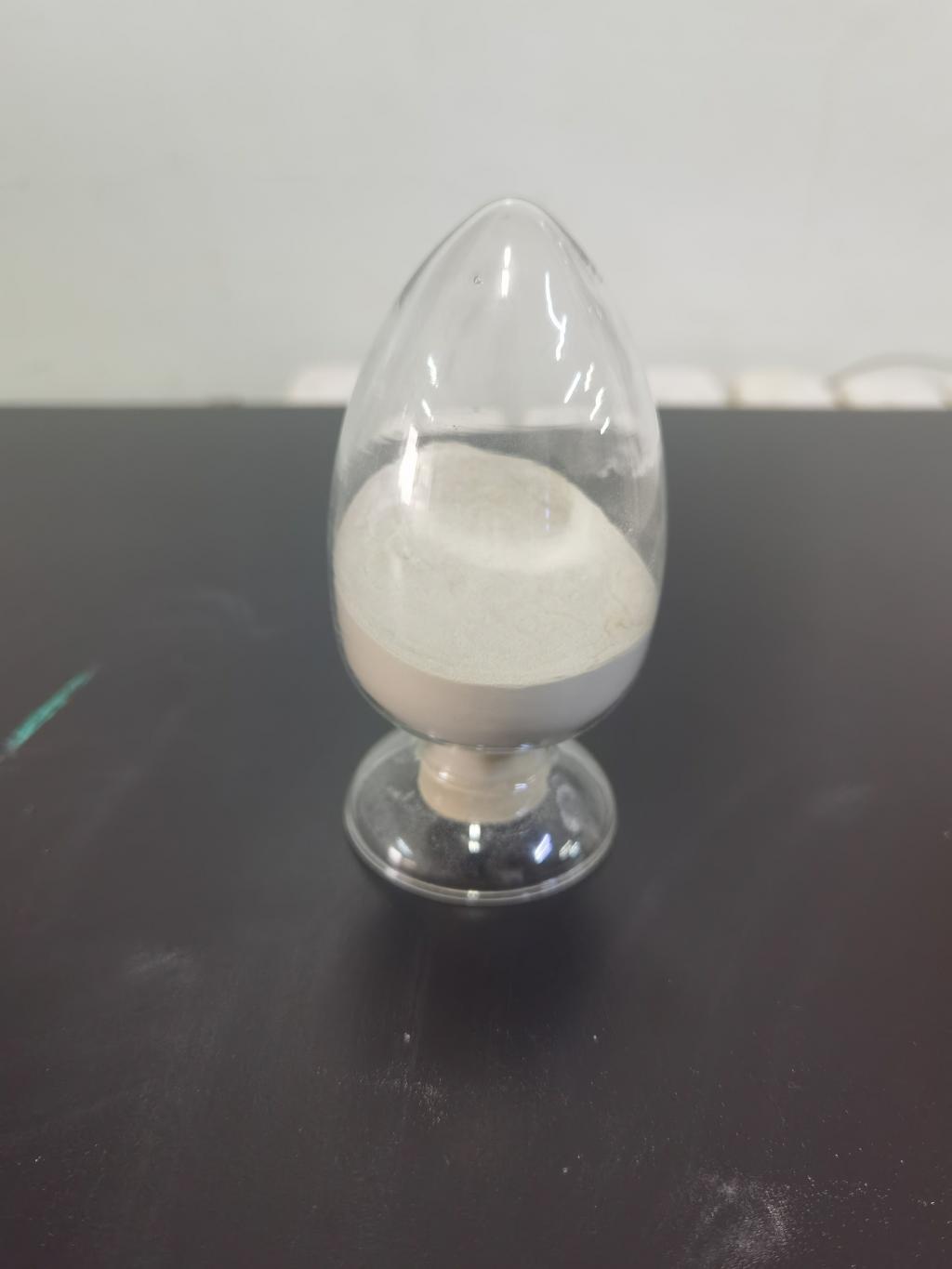Tel:+8618231198596

News
 CONTACT
CONTACT
 CONTACT
CONTACT
- Linkman:Linda Yao
- Tel: +8618231198596
- Email:linda.yao@dcpharma.cn
- Linkman:CHARLES.WANG
- Department:Overseas
- Tel: 0086 0311-85537378 0086 0311-85539701
News
Can Nisin be used in organic food products?
TIME:2023-03-20
Organic food products are defined by the USDA National Organic Program (NOP) as products that are produced without the use of synthetic pesticides, fertilizers, or genetically modified organisms (GMOs). The use of synthetic preservatives and additives is also restricted in organic food products, which raises the question of whether nisin can be used in organic foods.
The answer to this question is not straightforward, as the use of nisin in organic foods depends on several factors, including the source of the nisin and the specific organic regulations in the country or region where the food product will be sold.
In the United States, the use of nisin in organic foods is permitted under certain conditions. According to the USDA NOP regulations, nisin is considered a synthetic substance, and its use in organic foods is subject to approval by the USDA National Organic Standards Board (NOSB). In order for nisin to be approved for use in organic foods, it must meet certain criteria, including a demonstration of its essentiality for the production of the food product and a determination that there are no organic alternatives available.
In addition to meeting these criteria, nisin used in organic foods must also be derived from a natural source and produced without the use of synthetic solvents or other prohibited substances. The use of nisin in organic foods is also subject to strict labeling requirements, which must clearly identify the substance as a synthetic substance.
In Europe, the use of nisin in organic foods is also subject to regulations that vary by country. In general, the use of synthetic substances in organic foods is highly restricted in Europe, and the use of nisin is generally not permitted in organic foods. However, there are some exceptions, and nisin may be approved for use in certain organic food products if it is derived from a natural source and meets other specific requirements.
In Canada, the use of nisin in organic foods is also subject to regulations that vary by province. In general, the use of synthetic substances in organic foods is highly restricted, and the use of nisin is generally not permitted in organic foods. However, there are some exceptions, and nisin may be approved for use in certain organic food products if it is derived from a natural source and meets other specific requirements.
The use of nisin in organic foods is a complex issue that requires careful consideration of a variety of factors, including the source of the nisin and the specific regulations in the country or region where the food product will be sold. While the use of nisin in organic foods is generally restricted, there are some exceptions, and nisin may be approved for use in certain organic food products if it meets specific criteria.
Overall, the use of nisin in organic foods is a topic of ongoing debate, and the regulations surrounding its use continue to evolve. As consumers become increasingly concerned about the use of synthetic preservatives and additives in their food, it is likely that the demand for natural antimicrobial agents like nisin will continue to grow, and regulators will need to carefully consider the potential benefits and risks of their use in organic foods.
- Tel:+8618231198596
- Whatsapp:18231198596
- Chat With Skype







